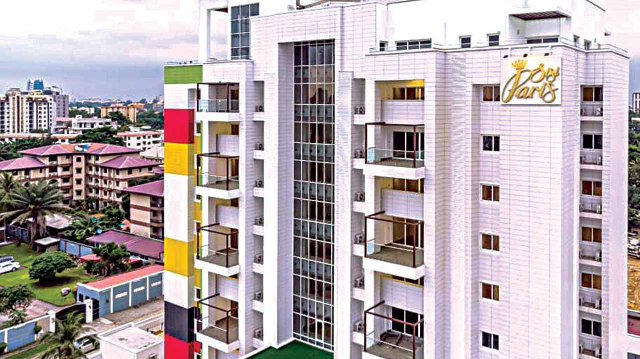The Federal government has said an additional capacity of 3,863 megawatts of electricity is to be made available to boost power supply to customers across the country in the next 24 months.
It also stated that it had identified solutions with the Transmission Company of Nigeria and electricity distribution companies to address key interface challenges confronting the different power firms.
The government stated this through the Nigerian Electricity Regulatory Commission (NERC) in a June 2022 document on the current state of the Nigerian electricity supply industry from the Federal Ministry of Power.
Nigeria’s peak power generation as of Monday, July 11, 2022, was 4,022.2MW, while off-peak generation on the same day was put at 3,521.3MW. Power generation on the national grid as of 6 am on Tuesday, July 12, 2022, was 3,941.1MW.
Data contained in the June 2022 report on the current state of the sector, seen in Abuja on Tuesday, indicated that the country’s transmission infrastructure could evacuate about 7,000MW, while distribution companies could distribute about 5,800MW.
Available generation capacity was put at +/-8,000MW, while gas constrained availability stood at +/-5,000MW, as fuel availability and infrastructure could support 4,000MW to 6,000MW.
On the quantum of electricity to be added in the next two years, the industry regulator said, “NERC has identified a remedial plan with TCN and Discos to address key interface challenges in short, medium and long terms.”
“We envisage that additional capacity of 3,863MW will be made available within the next 24 months to boost supply services to customers.”
The NERC stated that the NESI was still confronted by poor service delivery and the absence of meters for a substantial number of residential customers, adding that the allowed end-user tariff was still not cost-reflective.
“Discos and TCN (are) still unable to carry out necessary investment programmes to improve services and meter customers on a sustainable basis due to limited revenue base (tariff),” the report stated.
It added, “Market contracts could not be executed or become fully effective due to revenue shortfall. In the absence of effective contracts, gas supply to Gencos (generation companies) is on a best endeavour basis, which results in a gas-constrained generation.
“Several judicial pronouncements on tariffs and effectiveness of contracts (exist). Sector shortfall/deficit approaching unsustainable levels. Over 2,000MW of generation capacity remains stranded due to network and gas constraints.”












